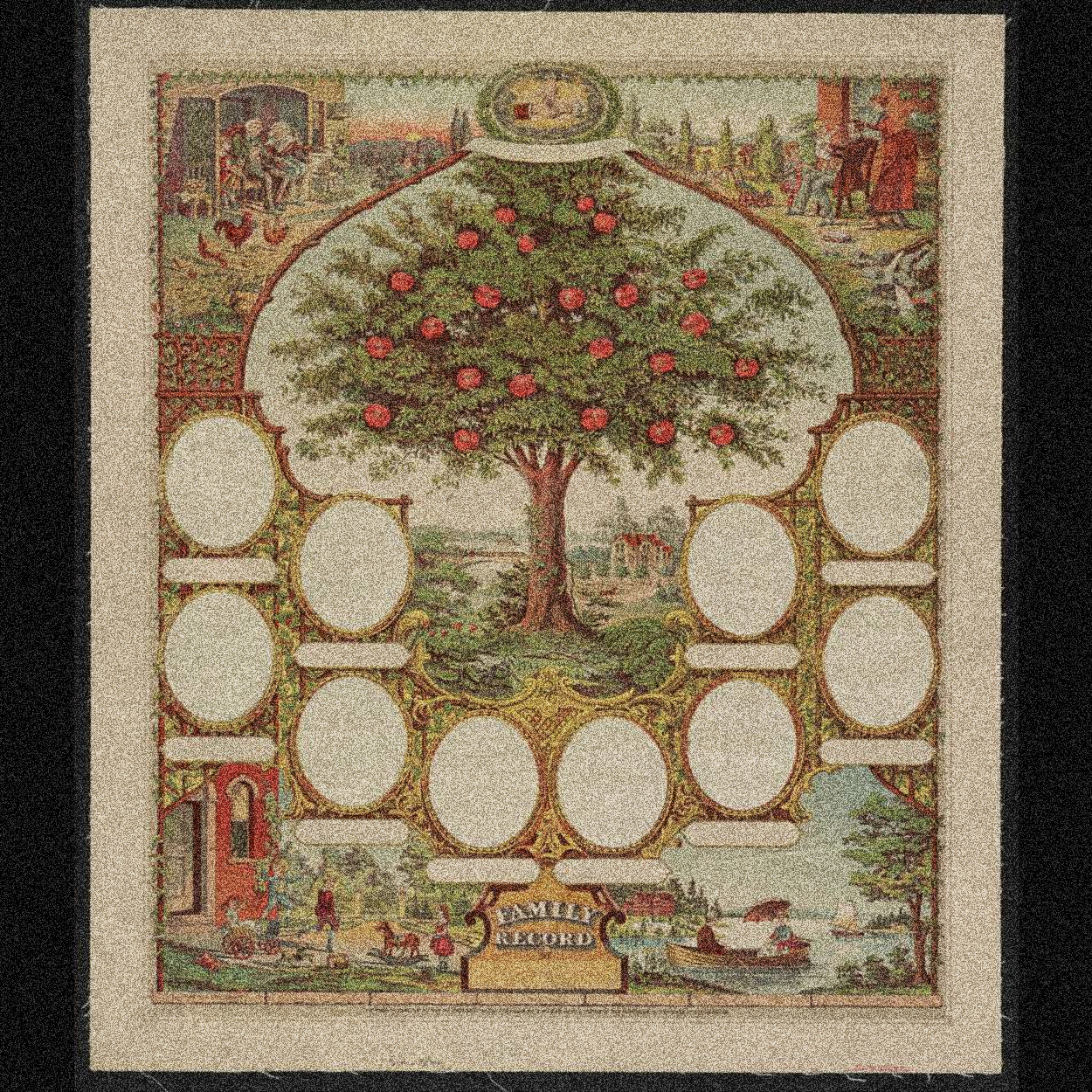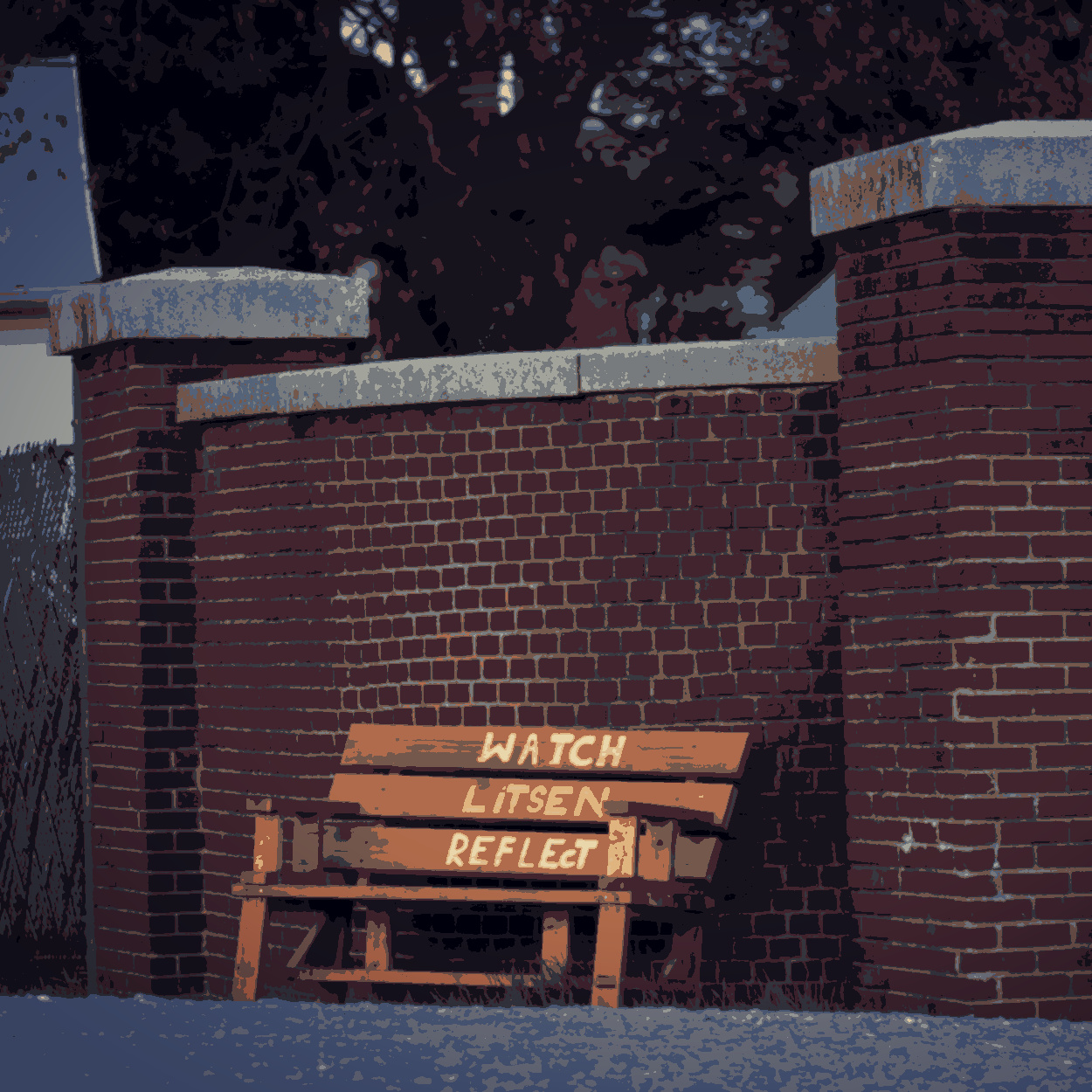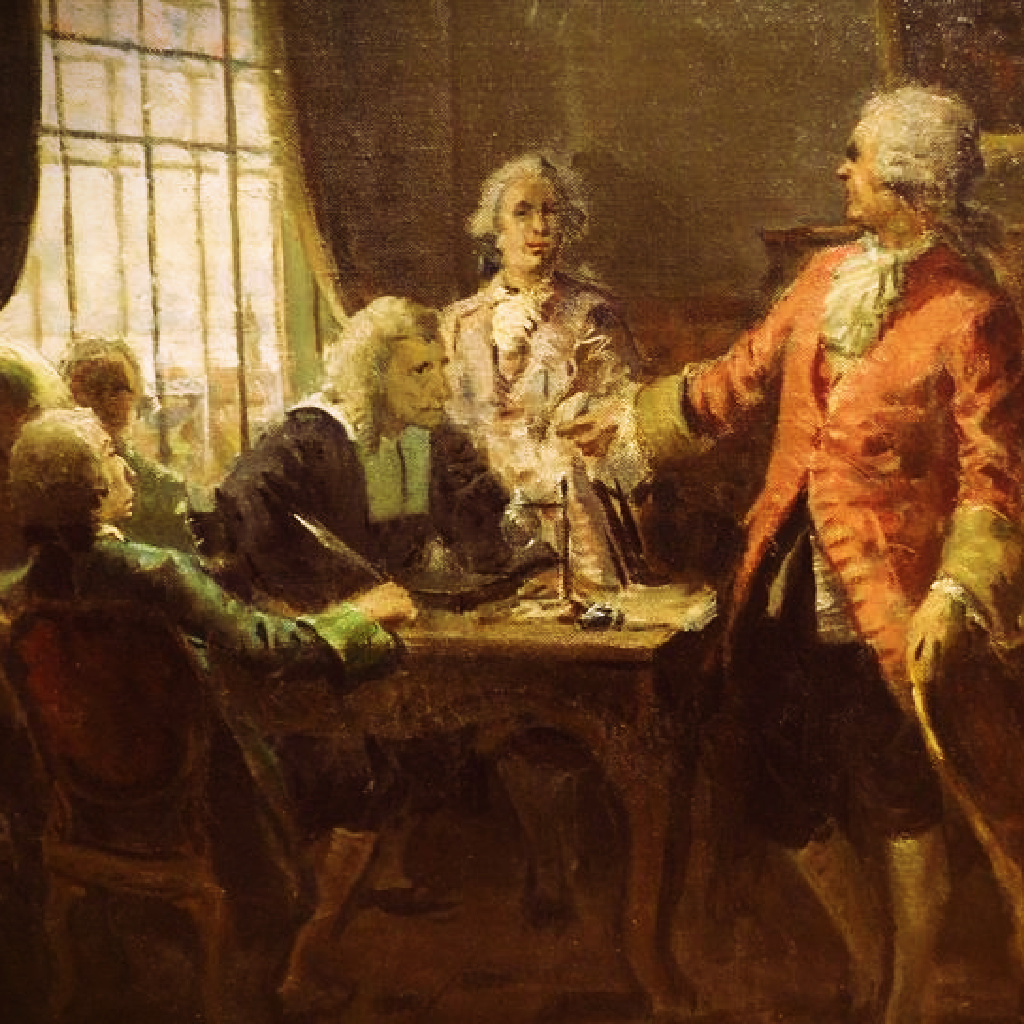
Five Ways to Explain Away Black Conservatives
As black conservatives have become more vocal and popular, efforts to dismiss them have also increased. If we’re serious about diversity and inclusion we need to hear from all black voices, including those on the right.











